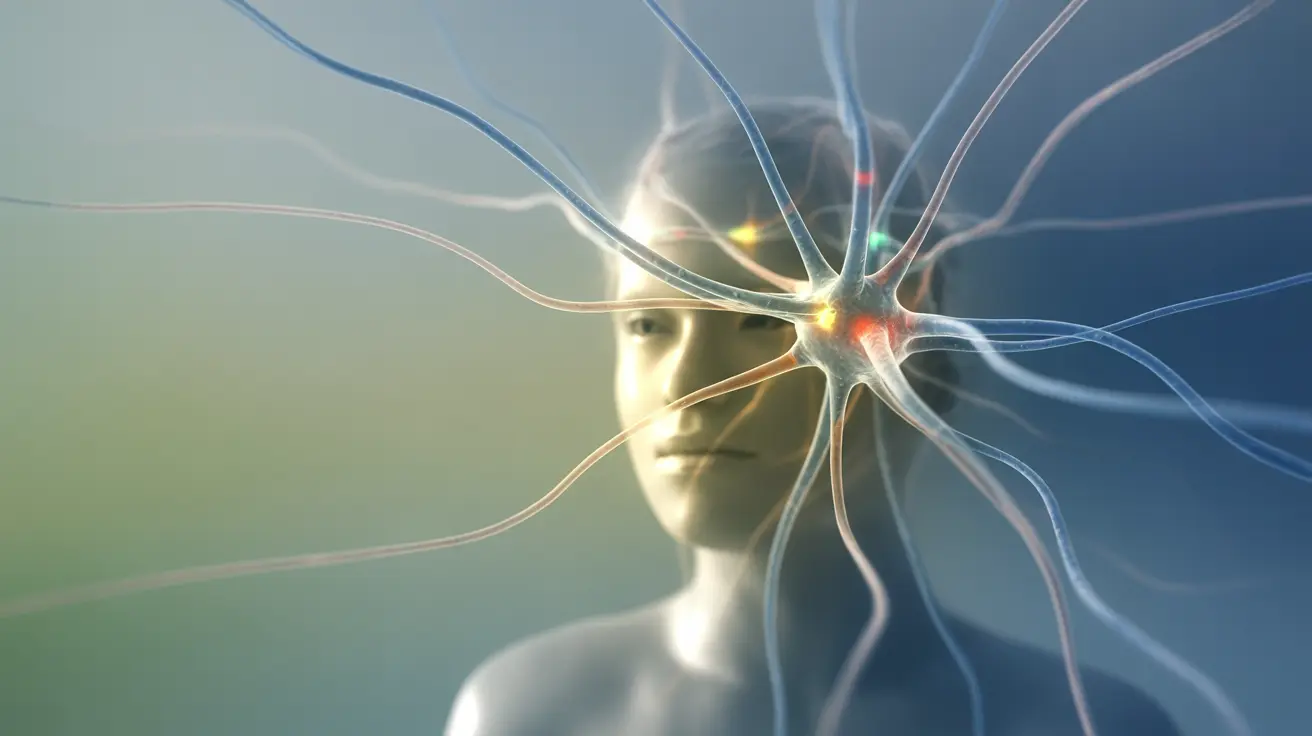The relationship between trauma and Attention-Deficit/Hyperactivity Disorder (ADHD) is complex and often misunderstood. As researchers delve deeper into understanding both conditions, questions arise about whether trauma can directly cause ADHD or if their symptoms simply overlap. This comprehensive guide explores the intricate connection between childhood trauma and ADHD, helping parents and healthcare providers better understand these important distinctions.
Understanding ADHD and Trauma: Key Differences
While ADHD is a neurodevelopmental disorder typically present from early childhood, trauma-related symptoms can manifest in ways that closely mirror ADHD behaviors. Understanding these distinctions is crucial for proper diagnosis and treatment.
Core Characteristics of ADHD
ADHD is characterized by persistent patterns of:
- Difficulty maintaining attention
- Hyperactive behavior
- Impulsive actions
- Problems with organization
- Challenges in completing tasks
Trauma-Related Symptoms That Mimic ADHD
Trauma can produce behavioral patterns that look similar to ADHD:
- Difficulty focusing due to hypervigilance
- Restlessness from anxiety
- Impulsive behavior as a stress response
- Problems with emotional regulation
- Challenges in academic or social settings
The Scientific Connection Between Trauma and ADHD
Research suggests that while trauma doesn't directly cause ADHD, it can significantly impact brain development in ways that affect attention, behavior, and emotional regulation. Early life stress and trauma can alter the brain's structure and function, particularly in areas responsible for executive functioning.
Impact on Brain Development
Trauma can affect:
- Stress response systems
- Executive function capabilities
- Emotional regulation centers
- Memory formation and recall
- Attention networks
Diagnostic Considerations and Treatment Approaches
Accurate diagnosis requires careful evaluation by healthcare professionals who understand both ADHD and trauma. A comprehensive assessment should include:
- Detailed developmental history
- Evaluation of current symptoms
- Assessment of past traumatic experiences
- Consideration of family history
- Review of behavioral patterns across different settings
Treatment Strategies for Dual Diagnosis
When both ADHD and trauma are present, treatment typically involves:
- Specialized behavioral therapy
- Trauma-informed care approaches
- Potential medication management
- Family support systems
- Educational accommodations when needed
Frequently Asked Questions
Can childhood trauma actually cause ADHD, or are the symptoms just similar?
While trauma doesn't directly cause ADHD, it can produce symptoms that closely resemble ADHD. ADHD is primarily a neurodevelopmental condition, but trauma can affect brain development and create similar behavioral patterns. The key difference is that ADHD symptoms are typically present from early childhood, while trauma-related symptoms develop after specific experiences.
How can doctors tell the difference between ADHD and trauma-related symptoms in children?
Doctors use comprehensive evaluations that include detailed medical history, behavioral assessments across different settings, and timing of symptom onset. They look for patterns specific to each condition: ADHD symptoms tend to be consistent over time, while trauma-related symptoms often connect to specific events or experiences.
What are the main symptoms that make trauma look like ADHD?
The main overlapping symptoms include difficulty concentrating, hyperactivity, impulsiveness, and problems with emotional regulation. However, trauma-related symptoms often include additional signs like hypervigilance, specific triggers, and anxiety that aren't typically associated with ADHD alone.
If my child has both ADHD and a history of trauma, how does that change their treatment?
Treatment for co-occurring ADHD and trauma requires an integrated approach that addresses both conditions. This typically includes trauma-informed therapy, standard ADHD interventions, and careful coordination between healthcare providers to ensure all aspects of the child's health are properly addressed.
Are adults who experienced childhood trauma more likely to develop ADHD symptoms later in life?
While adults who experienced childhood trauma may display ADHD-like symptoms, true ADHD is typically present from childhood. However, trauma can exacerbate existing ADHD symptoms or create similar behavioral patterns that require professional evaluation and appropriate treatment approaches.




